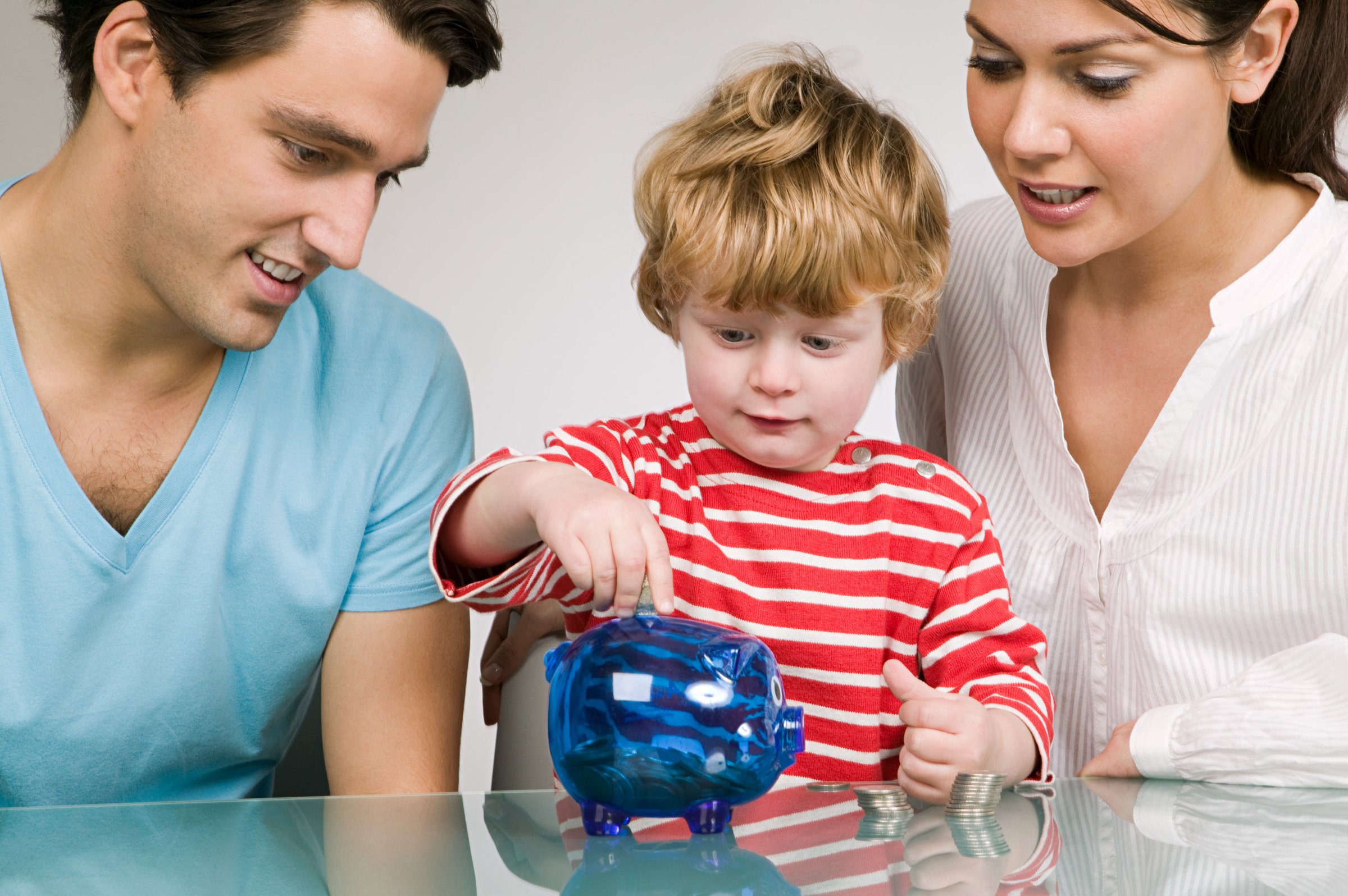
George Soros has five kids; his oldest is a son, Robert. He’s also one of America’s most noted philanthropists. A new study suggests those things are connected: parents who have sons first are more generous givers than those who have daughters first. They’re more likely give money away and when they do, they give more.
The only time that rule doesn’t hold is if the daughter is an only child and she’s still living with both her parents, who are still married. In those cases, families give more than those whose only child is a son. (The study didn’t compare only children against bigger families.)
The report, published by the Women’s Philanthropy Institute at the Indiana University Lilly Family School of Philanthropy, says the sex of a couple’s first child not only affects the likelihood they will give to charity, but how much they give and what kind of causes they support. (If the philanthropist is a single parent, there’s no difference in giving patterns.)
After analyzing longitudinal data collected from more than 13,000 people over a decade, researchers concluded that parents whose firstborn was a son give away about 14% more money than those whose first kid was a daughter. But parents who are living with their biological daughter give away 20% more than parents whose only kid is a son. If the daughter has left home, or if the couple are not both the girl’s parents, they give less than families with sons.
The findings were adjusted to account for differences in income and wealth, so it’s not that one gender of child is more expensive than the other.
People who have bigger families appear to be more generous; 56% of them give something to a needy cause and the average amount is $741 a year. Slightly fewer families with just one child donate to charity—53%—at an average of $503 a year.
Previous studies have shown that parents influence their children’s generosity—and that daughters are more likely to receive money from parents than sons are when times get tough—but this study is the first to show that the reverse is also true; children influence their parents.
Prior research has also shown that the gender of children influences parents behavior across a slew of areas. Daughters make CEO dads more socially responsible; sons make dads want to earn more. Unmarried pregnant couples are more likely to get hitched if they’re having a son. People with daughters are more likely to be politically liberal.
So perhaps it’s not surprising that the sex of offspring affects parents’ giving. Those with only-daughters favor charities that deal with education and basic needs, such as food and shelter. Parents with sons also donate to educational causes, but are more likely to direct some of their cash to youth and family services as well.
Because the study is an analysis of data, the researchers did not interview any of the donors as to why they made their choices. But they have a few theories as to what’s behind the differences in giving. The causes that those with an only daughter at home support are more primary, battling hunger and homelessness. The causes that the families with sons donate to, scouts, athletic leagues, Boys and Girls Clubs, reflect more activity oriented, masculine concerns.
“The preferences of the father seem to be reflected more in the firstborn son households,” says Debra Mesch, director of the Women’s Philanthropy Institute. “The preferences move to the women with an only daughter at home.” Other data in the survey suggest that the bond between mother and daughter in single child families is particularly strong.
This gives rise to a “daughter effect” wherein a mother is more likely to want to demonstrate what empathetic behavior looks like to her daughter than she is to her son, so she takes a lead in the giving decisions in those families. “Mothers who feel more responsive to their daughters are more inclined to emphasize to their daughters the importance of prosocial behavior, including charitable giving,” says the report.
In families with more children, the mother is responsive to them all and therefore the giving reflects all their interests. Moreover, fathers are more involved in the sons’ interests and thus more prepared to donate to causes in that area. So more money is given in total, and it’s to different causes.
All of this slicing and dicing of the donation preferences of people has a purpose, beside encouraging non-profits to be nicer to people’s kids: “The more we understand how one learns to be generous,” says the report, “the better able we are to craft education and interventions to encourage more generosity.”
Of course, it’s just one study: Bill and Melinda Gates, Warren Buffett and Chuck Feeney are pretty impressive philanthropists. And they all had daughters first.
This story has been corrected to reflect that George Soros’ oldest son’s name is Robert, not Alexander.
More Must-Reads from TIME
- How Donald Trump Won
- The Best Inventions of 2024
- Why Sleep Is the Key to Living Longer
- How to Break 8 Toxic Communication Habits
- Nicola Coughlan Bet on Herself—And Won
- What It’s Like to Have Long COVID As a Kid
- 22 Essential Works of Indigenous Cinema
- Meet TIME's Newest Class of Next Generation Leaders
Contact us at letters@time.com